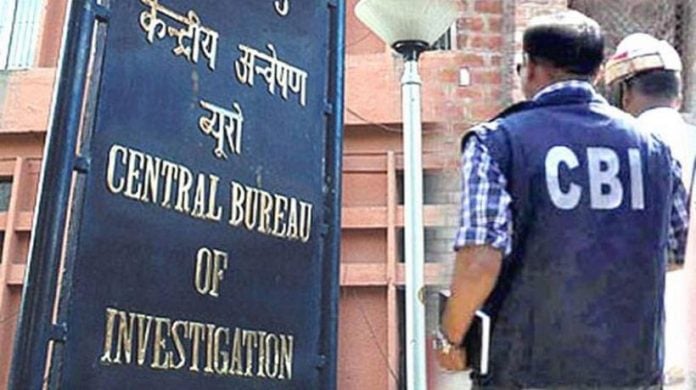A Public Interest Litigation has been filed by NGO Common Cause in the Supreme Court seeking the appointment of the Director of the Central Bureau of Investigation (CBI) in accordance with the law.
According to the petitioner, proper appointment as per the statutory law is necessary for upholding the rule of law and for enforcement of the rights of the citizens under Articles 14 and 21 of the Constitution of India.
“The Government has failed to appoint the Director of CBI as per Section 4A of the Delhi Special Police Establishment Act, 1946 on the expiry of the term of the last incumbent viz. Mr Rishi Kumar Shukla on February 2, 2021, and has instead, vide order dated February 3, 2021, appointed Mr Praveen Sinha as an interim/acting CBI Director till the appointment of the new CBI Director, or until further orders,”
-alleges the PIL.
The petitioner stated that the CBI, established under the Delhi Special Police Establishment Act (DSPE), 1946, is the premier investigation agency in the country. It investigates corruption-related offences connected with the Central Government, and under certain circumstances, also cases connected to state governments.
The Director of the CBI is the final authority in the organization. He supervises all the work in the CBI and is responsible for the constitution of investigating teams for probing cases.
The Delhi Special Police Establishment (DSPE) Act, 1946 was amended in 2003 vide the Central Vigilance Commission (CVC) Act, 2003 to state that the Director, CBI shall be appointed by the Central Government on the recommendations of the Central Vigilance Commissioner, the Vigilance Commissioners and two Secretaries to the Government of India.
Section 4A of the DSPE Act, 1946 was further amended vide the Lokpal and Lokayuktas Act, 2013 to provide that the CBI Director shall be appointed by the Central Government on the recommendations of a committee comprising a) the Prime Minister (Chairperson), b) the Leader of Opposition (Member), and c) the Chief Justice of India or any Judge of Supreme Court nominated by him (Member).
Also Read: Sonipat court grants bail to labour activist Shiv Kumar in three cases
The DSPE Act was further amended on 29.11.2014 to include the Leader of the single largest Opposition party in the said committee when there is no recognized Leader of Opposition. Thus, the appointment of the CBI Director has to be made on the recommendation of the Prime Minister, leader of the single largest Opposition party and the Chief Justice of India, reads the petition.
In the petition, the judgement of the apex court in Prakash Singh vs. Union of India (2006) has been cited in which the court directed that once a DGP has been selected for the job, he should have a minimum tenure of at least two years irrespective of his date of superannuation.
Moreover, the petitioner refers to the judgment of Supreme Court dated December 18, 1997, in Vineet Narain v. Union of India, (1998) 1 SCC 226 in which Court has directed that Director CBI would have full freedom for allocation of work in the CBI including constitution of investigation teams and there should be a selection committee to identify a panel of names for the appointment of Director CBI, and thereafter the final selection to be made by the Appointments Committee of Cabinet (ACC).
The petitioner has sought a general direction to the Union of India, to make sure that it initiates and completes the process of selection of the CBI Director well in advance, at least 1 to 2 months before the date on which the vacancy in the post of CBI Director is about to occur in future.
Also Read: Marital dispute eclipses Armyman’s career: Supreme Court allows divorce
The Common Cause society was founded in 1980 by late H.D. Shourie for the purpose of ventilating the common problems of the people and securing their resolution.
Final-Common-Cause-CBI-Director-PIL

